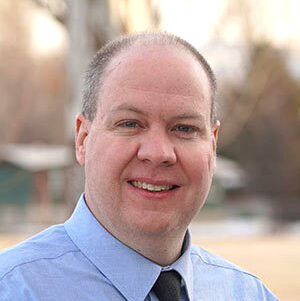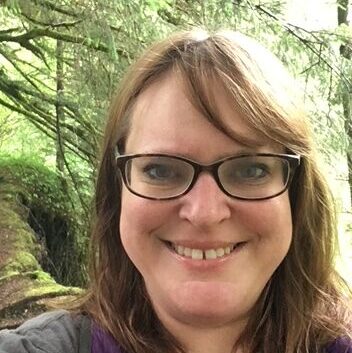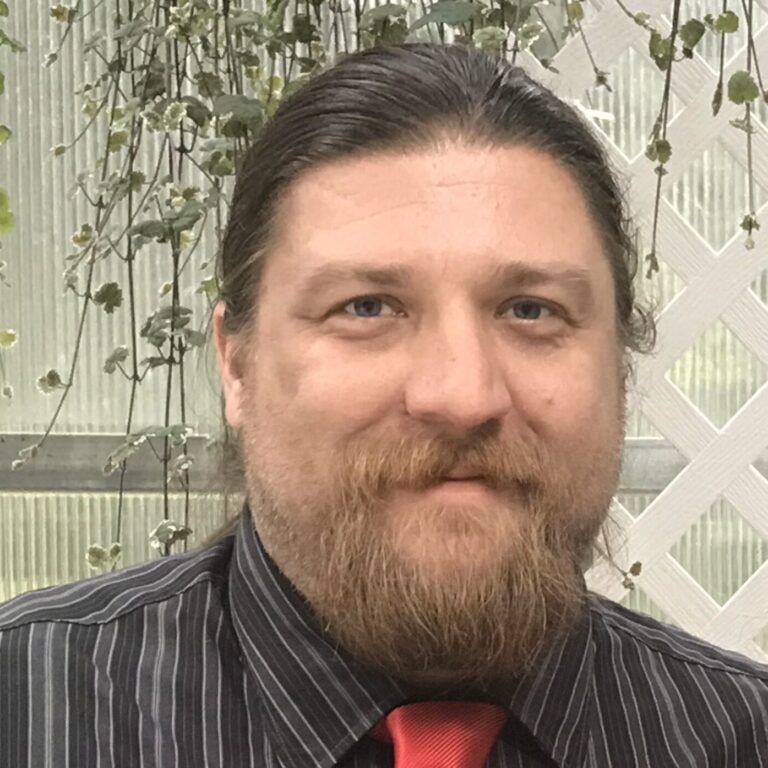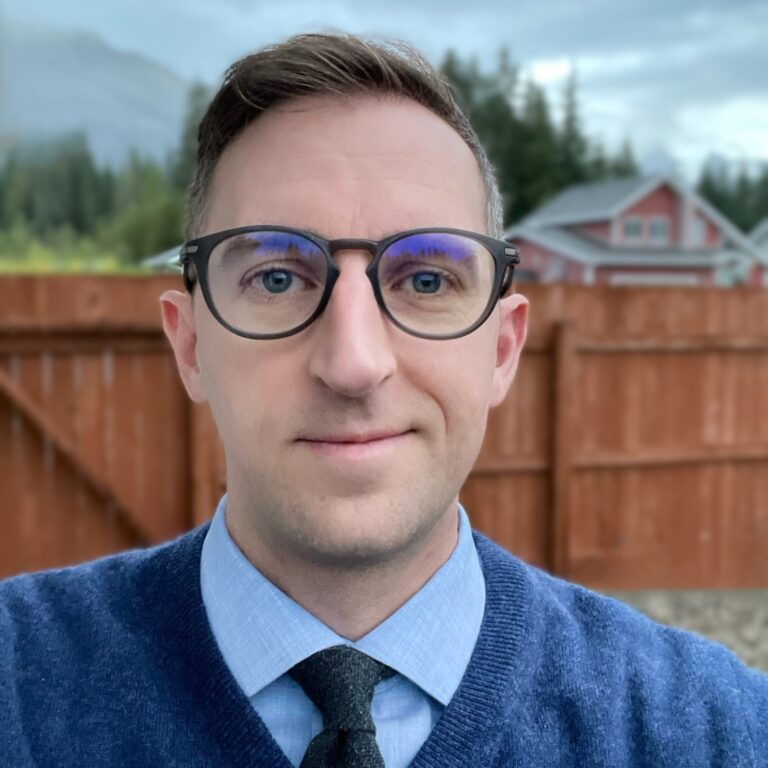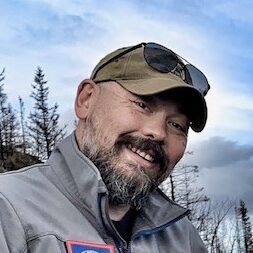Executive Leadership Team
Click to view bio.
Board of Directors
– Forrest Clough, President
– Vacant, Vice President
– Venietia Bingham, Secretary
– Pete Hudson, Treasurer
– Norm Gorsuch
– Sarah Niecko
– Alyssa Lambert
Inquiries for the Board of Directors should be directed to the Executive Director.
Staff
Click to view bio.
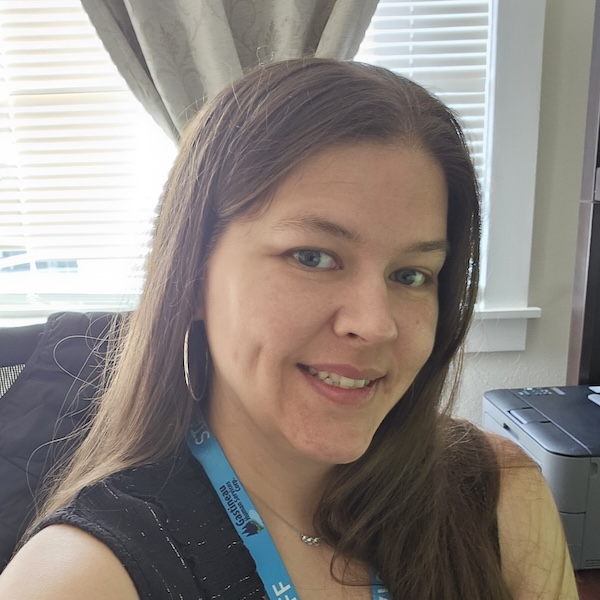
Ahrens, Marie
Reentry Case Manager
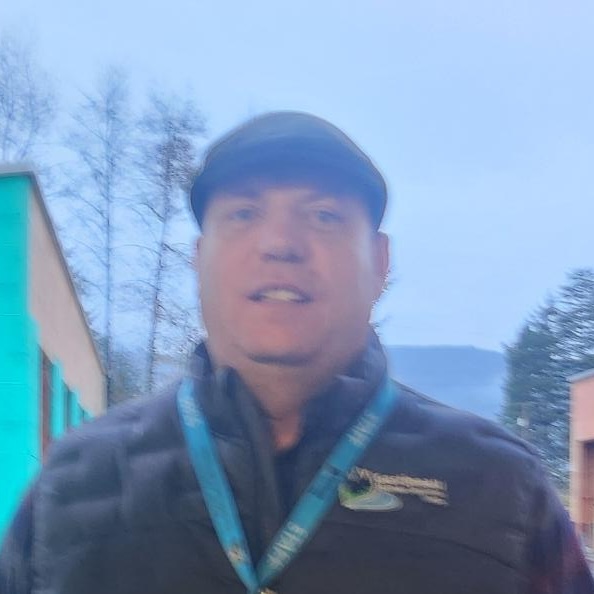
Bristol, Todd
Resident Advisor
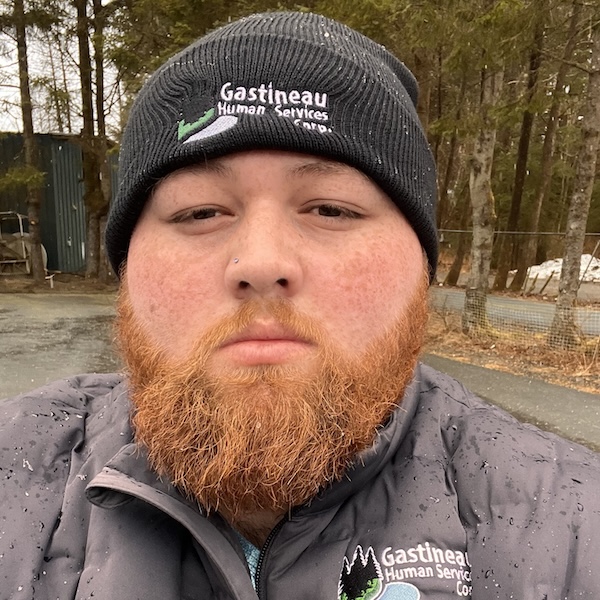
Canela, Luis
Reentry Case Manager

Ellenbecker, Jesyca
Finance Supervisor
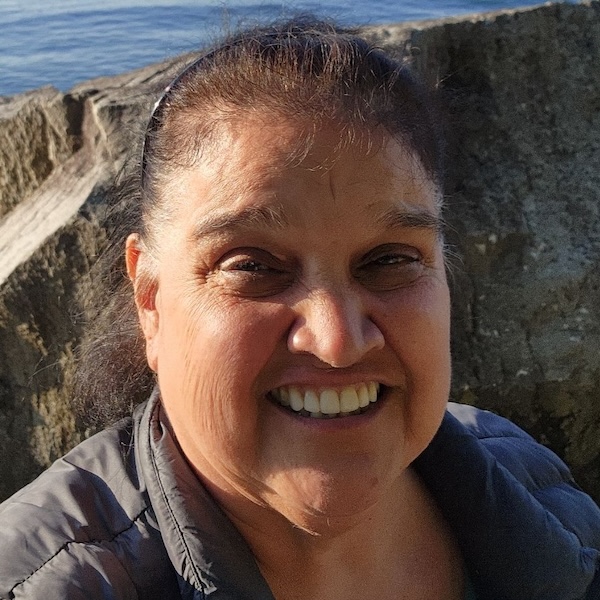
Ellison, Rose
Reentry Services Admin Assistant
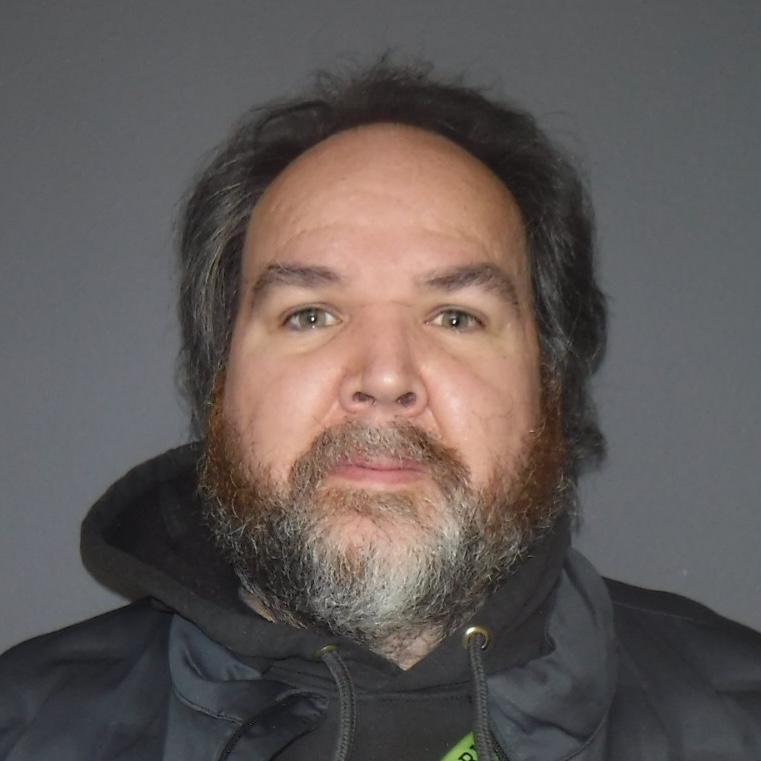
Fink, Jeremy
Resident Advisor
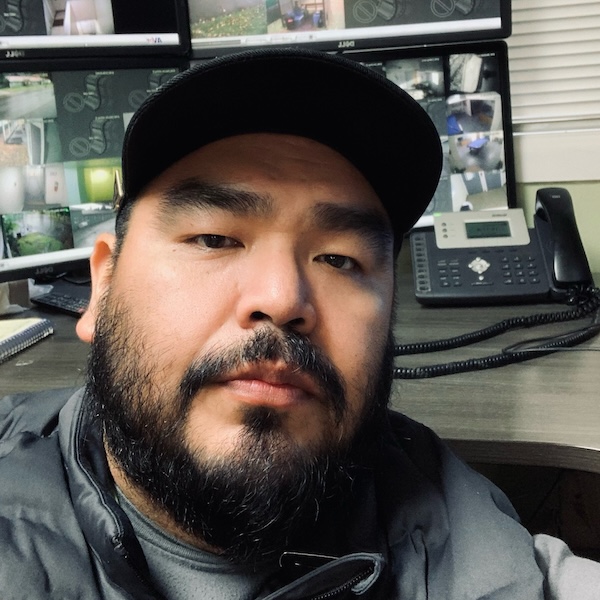
Frank, Steven
Shift Supervisor
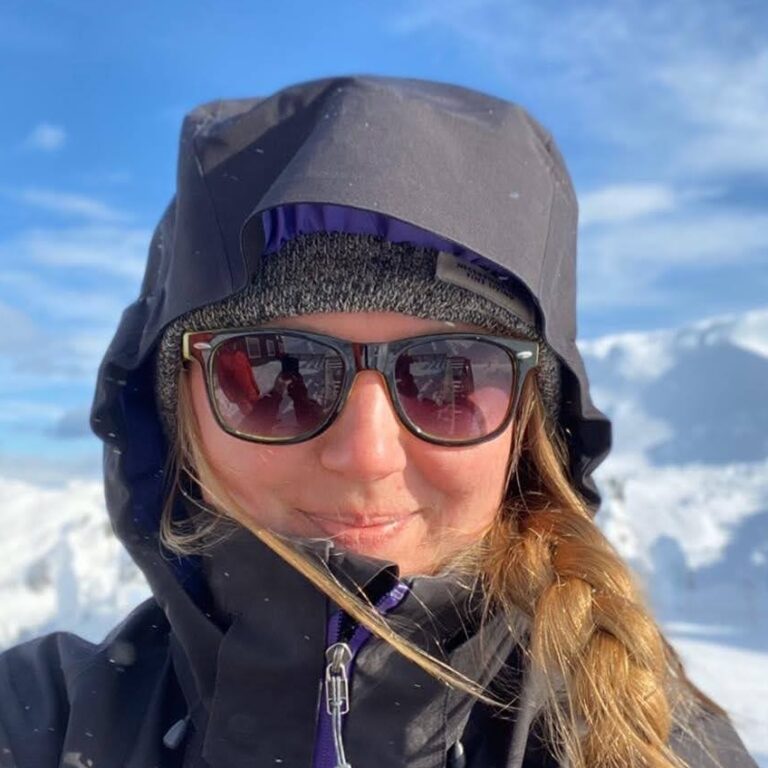
Gilbertson, Lena
Behavioral Health Case Manager
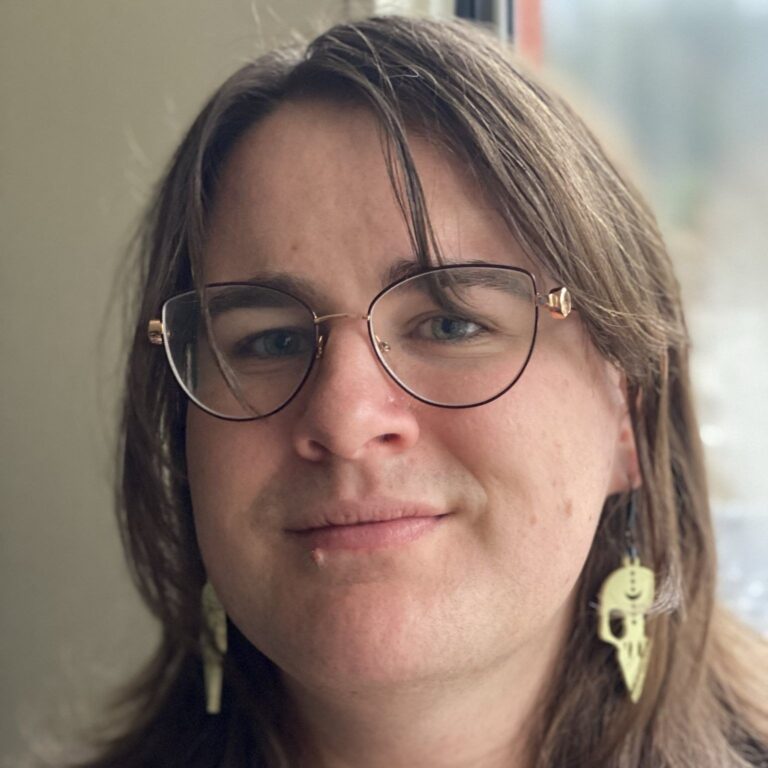
Giudice, Elizabath
Behavioral Health Case Manager
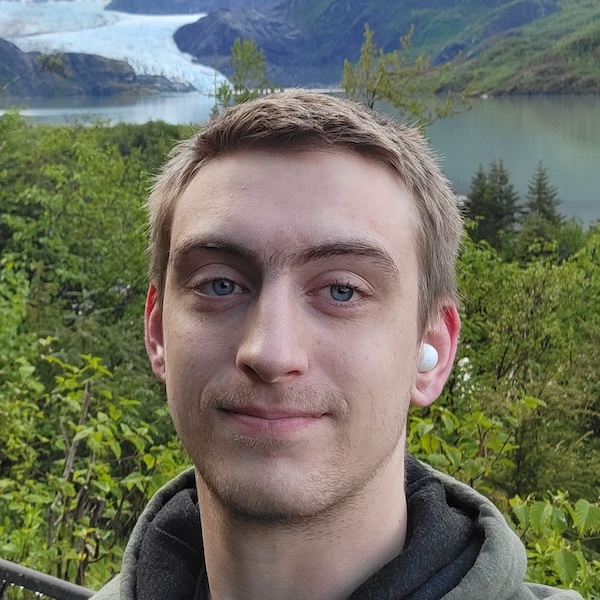
Harris, Tristan
Resident Advisor
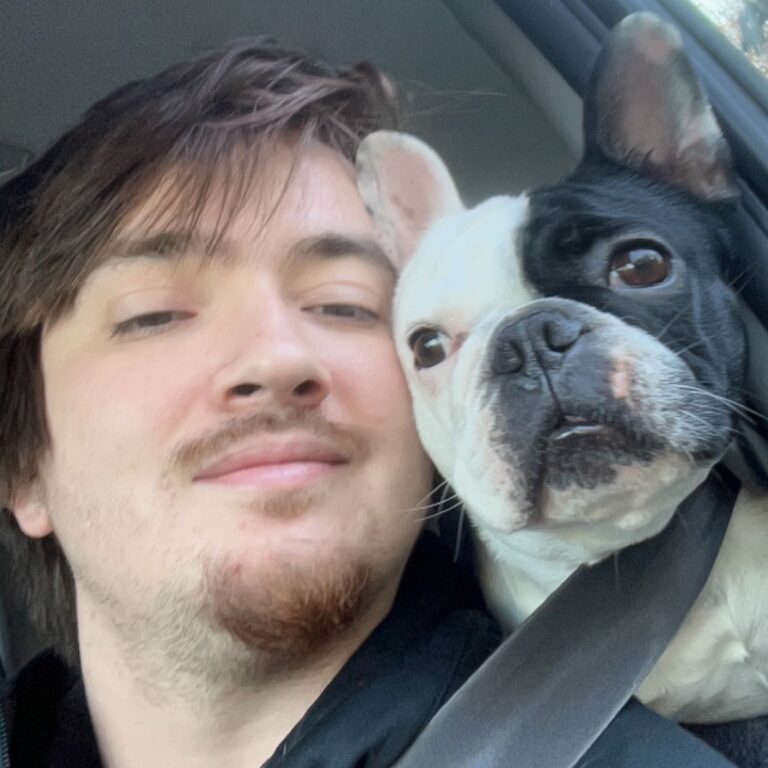
Hoff, Johnathan
Resident Advisor
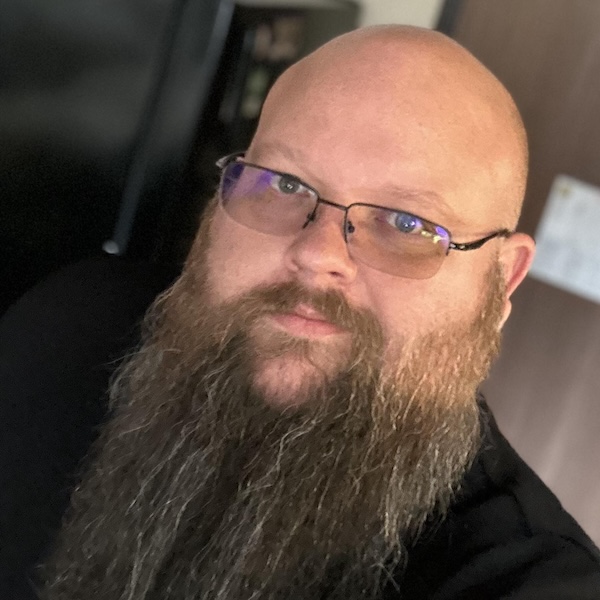
Isadore, Ryan
Chemical Dependency Counselor
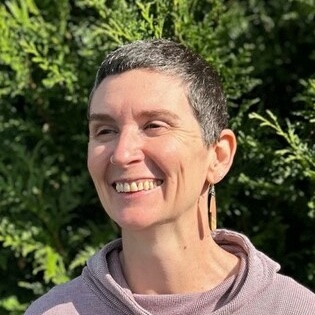
Kashuba, Korrie
Clinical Supervisor
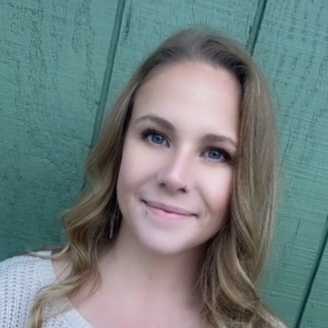
Kibby, Kristin
Accounting Assistant - CORP
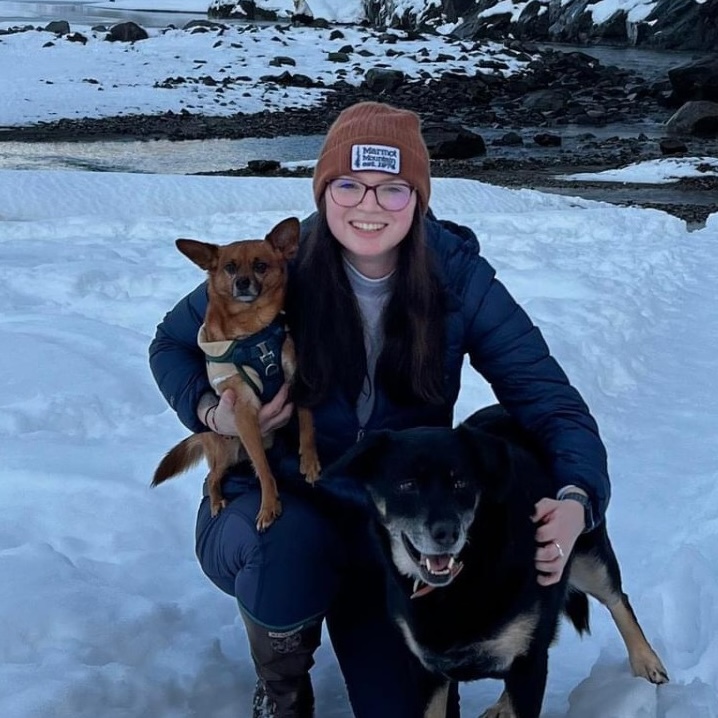
King, Sydney
Behavioral Health Office Manager

Krishnan, Bargavi (Krish)
Master's-Level Counselor
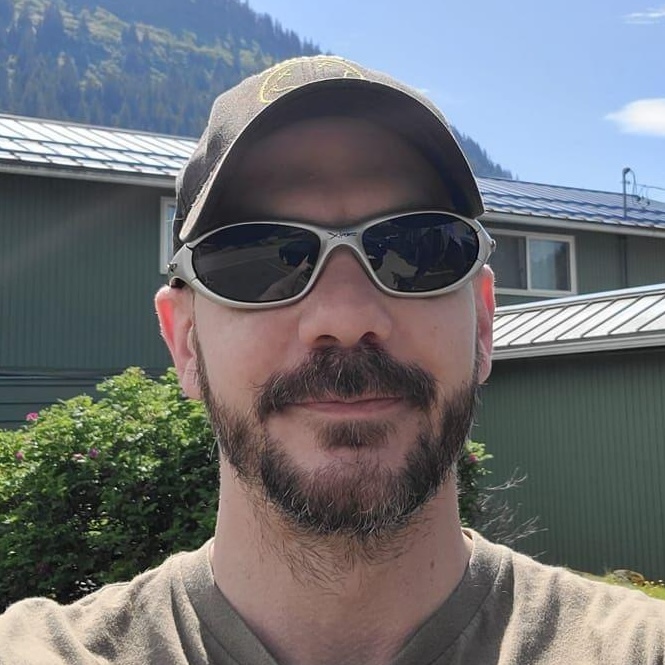
Lantz, Shane
Resident Advisor
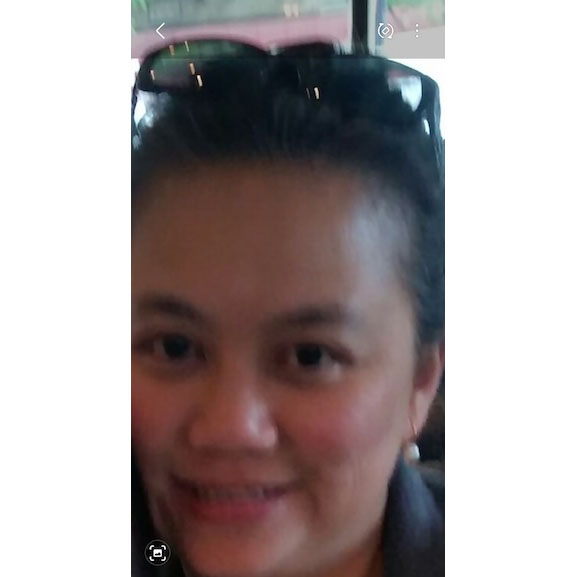
Lim, Michelle
Accounting Assistant - GRT
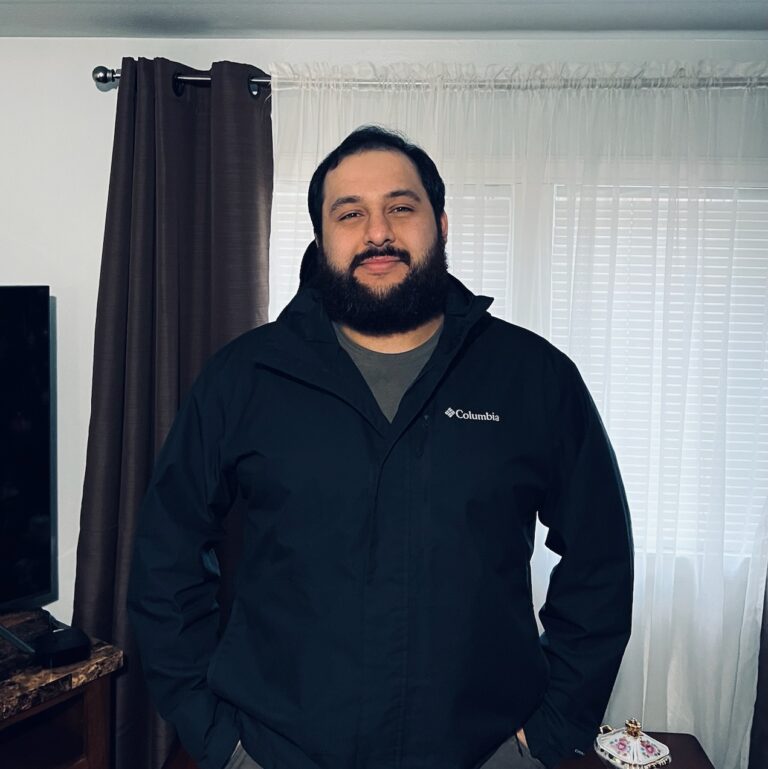
Macias, Leonardo
Maintenance Technician
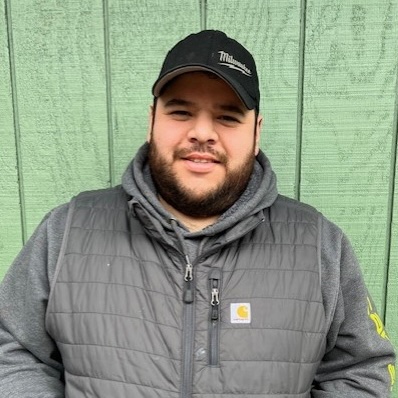
Manny Macias
Maintenance Supervisor
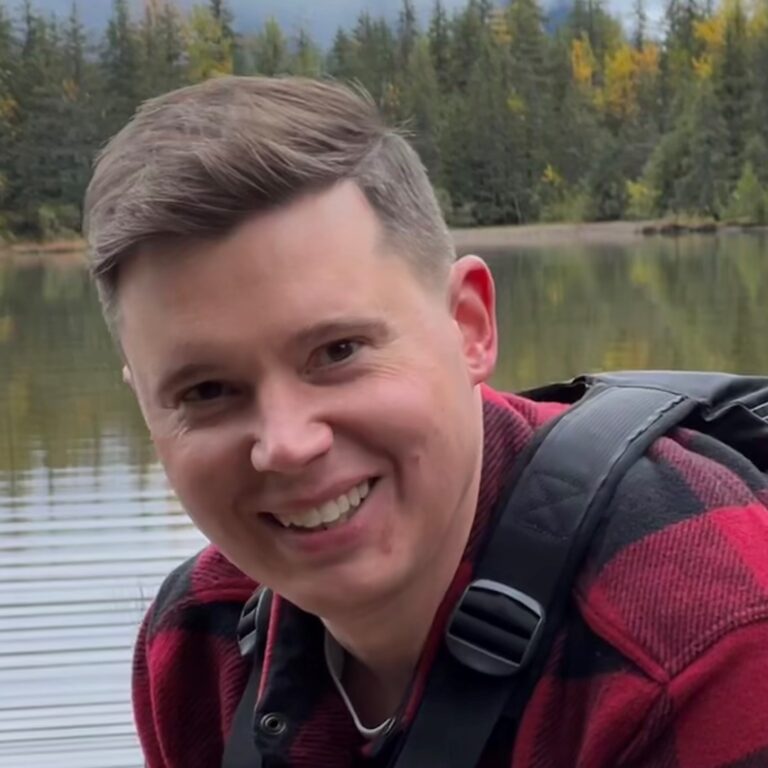
March, Kevin
Reentry Case Manager

Massey, Madison
Executive Assistant
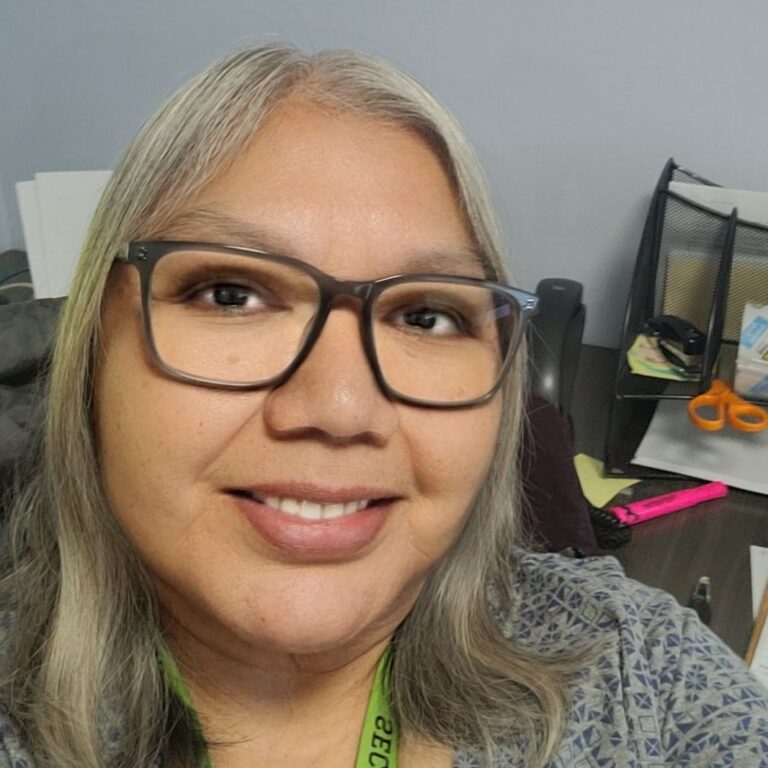
McWhorter, Marj
Reentry Accountability Coordinator
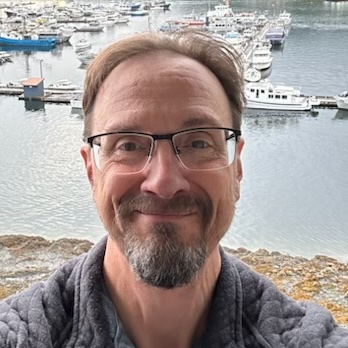
Pearson, Robert
Grant & Contract Specialist
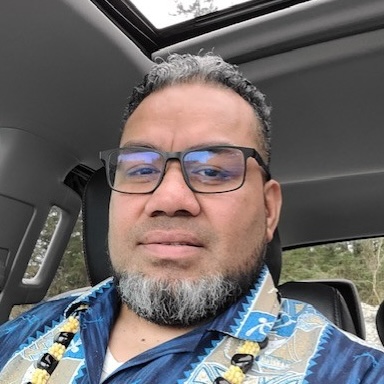
Piukala, Maika
Shift Supervisor
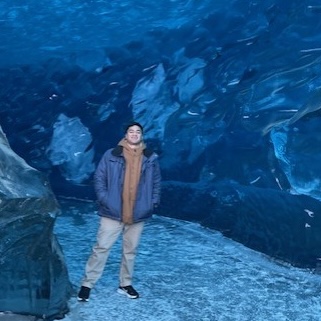
Pongi, Viliami (William)
Resident Advisor
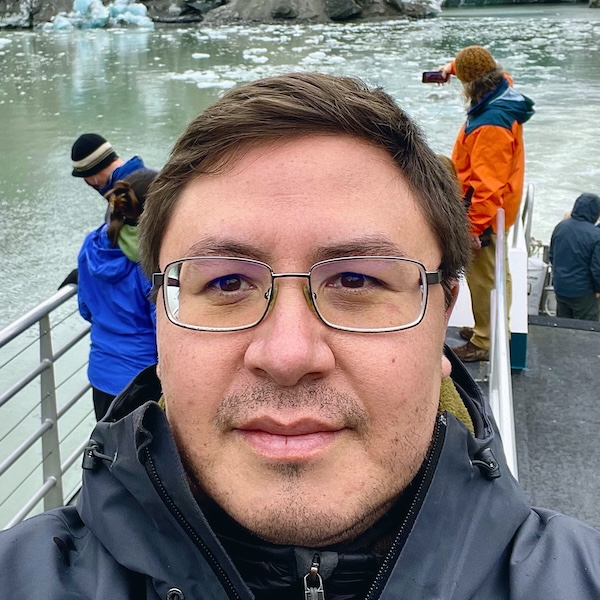
Sharclane, Robert
Chemical Dependency Counselor
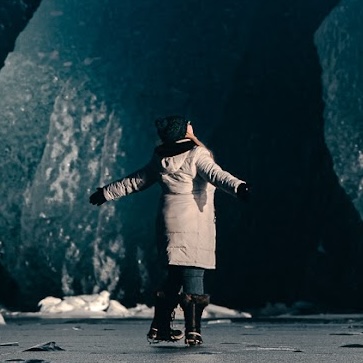
Stoltzfus, Megan
Master's-Level Counselor
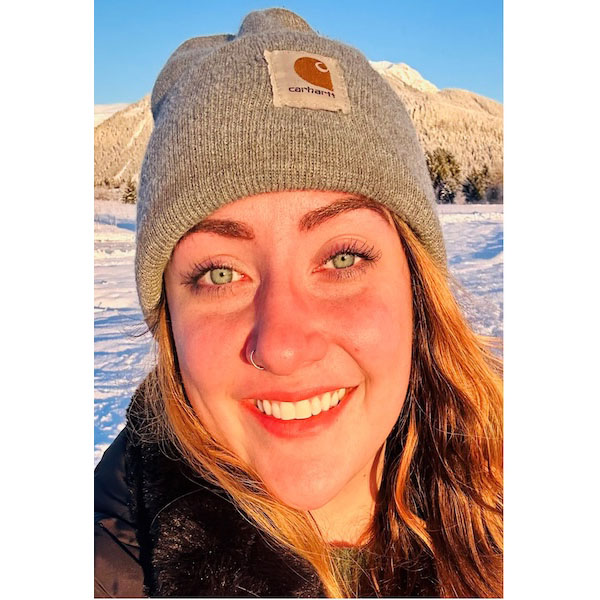
Streeter-Zenk, Elizabeth (Liz)
Behavioral Health Case Manager

Tanuvasa, Marlena (Leina)
Resident Advisor
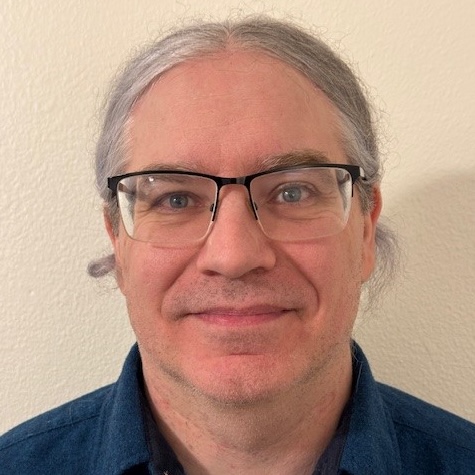
Thorsteinson, Fredrik
Behavioral Health Case Manager
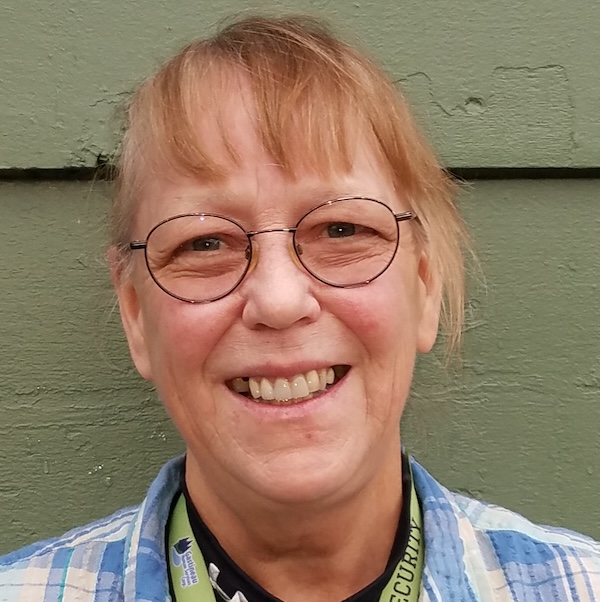
Tilley, Denice
Resident Advisor
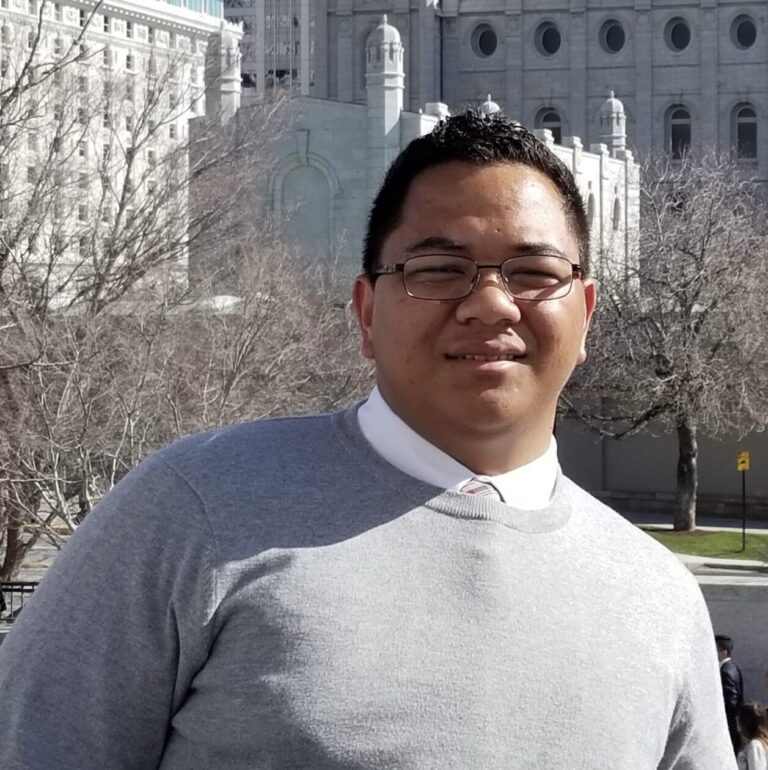
Tupou, Alifeleti
Resident Advisor
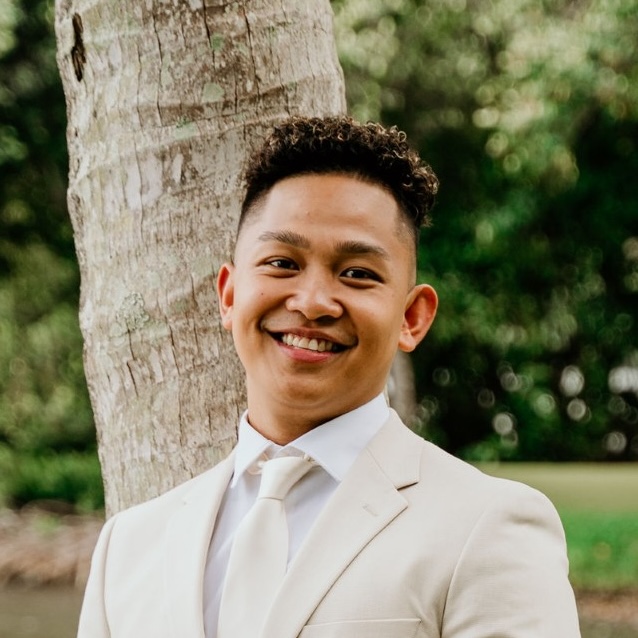
Verdadero, Joemilo (JM)
Shift Supervisor

Villarreal, Felina
Master's-Level Counselor
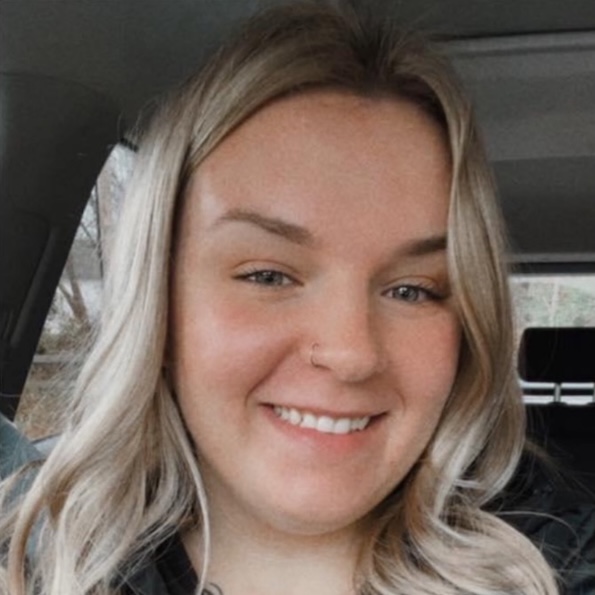
Vinje-Stafford, Jordyn
Residential Program Manager
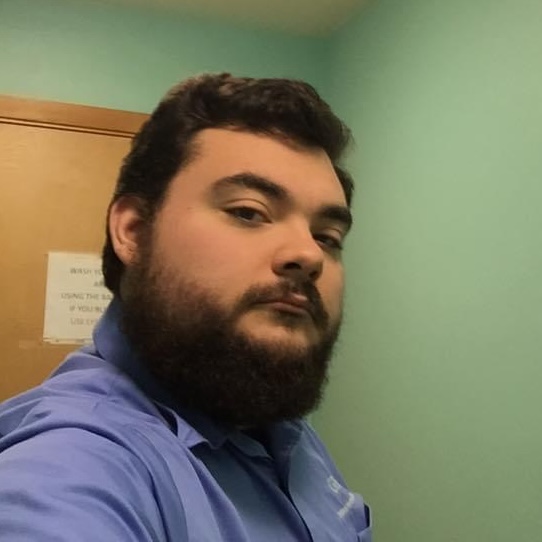
Walker, Brian
Shift Supervisor
